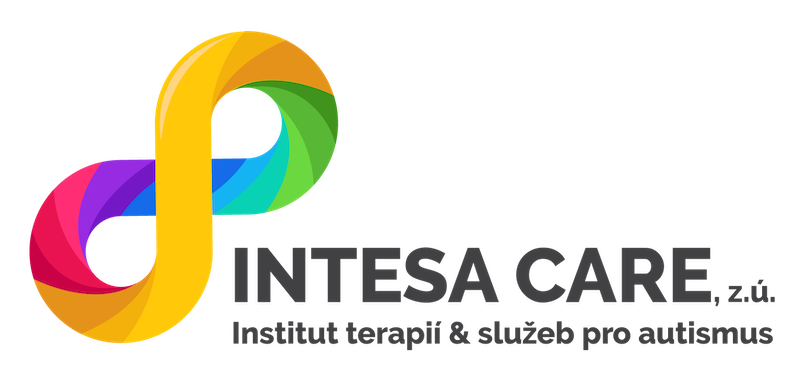Screening autismu: PEDS-R / Parents’ Evaluation of Developmental Status Revised
The comparison of the Parents’ Evaluation of Developmental Status-Revised (PEDS-R®), PEDS:DM®, and PEDS:DM®-Assessment Level assessment tools for autism.
Premises and Target Group
The PEDS-R® is a surveillance and screening tool designed for children aged 0 to 8 years, aiming to elicit and address parents’ concerns about their child’s development, behavior, and mental health. It comprises one form with 10 questions across 10 categories, including expressive language, receptive language, social–emotional, behavioral, fine motor, gross motor, self-help, school, cognitive, and health. The response options include yes, no, and a little, and the scoring for the PEDS-R® includes columns for each age range, identifying which concerns predict problems and which do not.
The PEDS:DM® is a complementary measure that aims to predict the developmental status of children accurately, comprising six to eight items per age addressing different domains such as fine motor, gross motor, expressive language, receptive language, self-help, social–emotional, and, for older children, reading and math.
The PEDS:DM®-Assessment Level is a further refinement of the PEDS:DM®, providing a more in-depth assessment of a child's developmental milestones.
Evaluation and Methodology
The evaluation and methodology of the PEDS-R®, PEDS:DM®, and PEDS:DM®-Assessment Level tools involve the use of evidence-based decision-making algorithms to determine whether to refer, screen further, observe, counsel parents, or reassure them based on the results obtained. The tools are designed to be completed by parents, caregivers, or teachers who have regular contact with the child. The response options and scoring systems are structured to provide a comprehensive assessment of the child's developmental, behavioral, and mental health status.
Specialist for Assessment
The assessment using the PEDS-R®, PEDS:DM®, and PEDS:DM®-Assessment Level tools should be interpreted by a qualified healthcare professional, such as a pediatrician, psychologist, or psychiatrist, who has experience in diagnosing autism and other developmental disorders. The specialist should consider the child's developmental history, medical history, and other relevant information when interpreting the results of the assessment tools.
The comparison of these assessment tools provides a comprehensive approach to screening and evaluating the developmental, behavioral, and mental health status of children, with a focus on early identification and intervention for autism and other developmental disorders.
